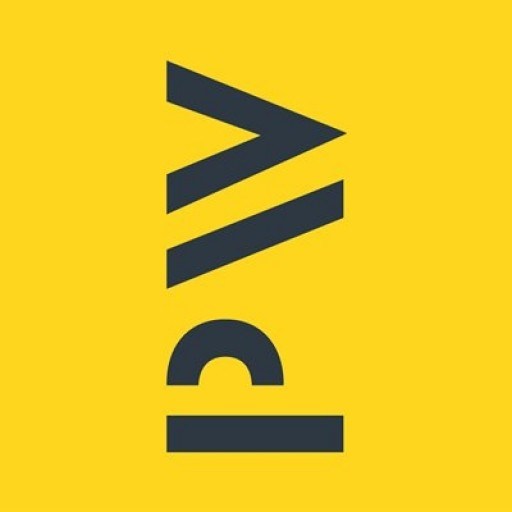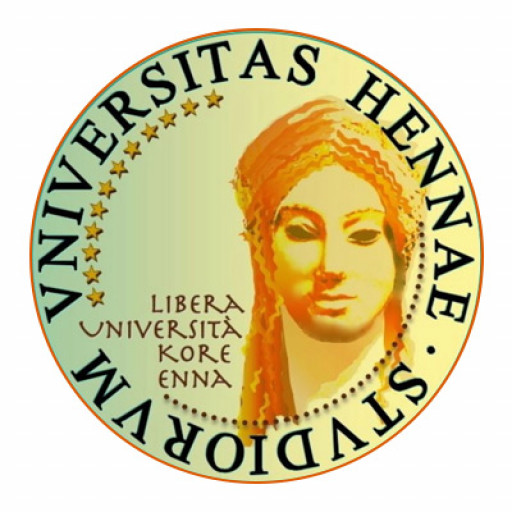Photos of university / #politechnika_warszawska
Aerospace Engineering at Warsaw University of Technology offers a comprehensive and rigorous education aimed at preparing students for a successful career in the aerospace industry. This program encompasses the design, development, testing, and maintenance of aircraft and spacecraft systems, integrating principles from mechanical, aeronautical, and space engineering. Students will gain a solid foundation in mathematics, physics, and computer science, which serve as the basis for understanding complex aerospace phenomena and systems. The curriculum includes courses in aerodynamics, aircraft structures, propulsion systems, avionics, control systems, materials science, and manufacturing technologies, providing a well-rounded knowledge base required for innovative aerospace solutions. Practical skills are emphasized through laboratory exercises, simulation projects, and internships with industry partners, enabling students to apply theoretical concepts to real-world engineering challenges. The program also promotes the development of problem-solving, teamwork, and communication skills vital for collaborative engineering environments. Graduates of this program will be prepared to work in designing, testing, and maintaining aircraft and spacecraft, as well as engaging in research and development activities related to aerospace innovation. The program benefits from state-of-the-art laboratories, modern equipment, and strong ties with industry, providing students with invaluable practical experience and networking opportunities. Graduates are equipped to contribute to national and international aerospace projects, supporting the development of sustainable and efficient aviation and space technologies. With a focus on advancing aviation safety, environmental sustainability, and technological innovation, the Aerospace Engineering program at Warsaw University of Technology aims to foster the next generation of aerospace engineers capable of addressing the complex challenges of modern aerospace industries.
The Aerospace Engineering programme at Warsaw University of Technology is designed to prepare students for a successful career in the aviation, space, and related industries by providing comprehensive education in the principles and practices of modern aerospace systems. The curriculum combines fundamental engineering sciences with specialized courses focused on aircraft and spacecraft design, aerodynamics, propulsion systems, materials science, and flight mechanics. Throughout the programme, students develop a deep understanding of the physical principles underlying aeronautical and astronautical engineering, alongside practical skills through laboratory work, computational modeling, and project-based learning.
The first years of study lay a solid foundation in mathematics, physics, engineering drawing, and computer science, enabling students to grasp the essential technical concepts. As students progress, they delve into specialized modules such as aerodynamics, structural analysis, propulsion systems, avionics, and control engineering. The programme emphasizes innovation, research, and technological development, encouraging students to participate in projects, internships, and collaborations with industry partners. These activities enable students to apply theoretical knowledge to real-world challenges, fostering problem-solving skills and teamwork.
In addition to technical expertise, the programme promotes the development of critical thinking, communication, and project management skills, which are vital for leadership roles in aerospace industries. The curriculum is regularly updated to include the latest technological advances, such as unmanned aerial vehicles, satellite technology, and sustainable propulsion solutions. The university's state-of-the-art laboratories and facilities provide students with hands-on experience in aircraft design, materials testing, flight simulation, and more.
Graduates of the Aerospace Engineering programme are well-equipped to work in aircraft and spacecraft design, manufacturing, maintenance, and research. They find employment in aerospace companies, research institutes, governmental agencies, and international organizations. It is also an excellent foundation for those wishing to pursue postgraduate studies or careers in academia. With a rigorous academic programme and strong industry connections, Warsaw University of Technology prepares aerospace engineers to contribute to the development of innovative transportation and space exploration technologies.
Candidates must have completed secondary education with a strong background in mathematics and physics. Applicants are required to submit their high school diploma or equivalent certification, demonstrating excellent performance in STEM subjects. Prior knowledge of computer science and engineering principles is advantageous but not mandatory. The admission process includes the evaluation of academic records, particularly focusing on mathematics, physics, and chemistry grades, as well as participation in relevant extracurricular activities or competitions. Prospective students may also need to pass entrance examinations or interviews conducted by the university’s admissions committee, assessing their technical aptitude, motivation, and language proficiency.
English language proficiency is required for international applicants; accepted tests include TOEFL or IELTS with scores meeting the minimum criteria specified by the university. Polish students must demonstrate proficiency in Polish, typically indicated by passing the state examination or an approved language certificate. The program particularly emphasizes analytical thinking, problem-solving skills, and the ability to work in a team. Candidates should have a fundamental understanding of technical drawing, mechanics, and basic electrical engineering concepts, which are beneficial during the first year of study.
The selection process considers the applicant’s motivation letter, recommendation letters, and relevant work experience or internships related to aerospace or engineering fields if available. For nationals of countries with different educational systems, the university provides guidance on credential recognition and equivalent qualifications. Financial requirements such as tuition fees vary depending on the student’s nationality and residence status; scholarship opportunities and financial aid are available based on academic merit and need.
Applicants are advised to review the specific admission deadlines published by the university and submit all required documents in the designated format. Once admitted, students must meet progression requirements, including maintaining a minimum academic performance level across all coursework, to continue their studies. Additionally, international students may need to obtain a student visa and fulfill health insurance and residence permit obligations as part of the onboarding process. The program encourages early engagement in research projects, internships, and international exchange programs to enhance practical skills and cultural competence. Graduates are expected to demonstrate comprehensive knowledge of aerospace engineering principles, including aerodynamics, propulsion, materials, avionics, and systems integration, preparing them for careers in aerospace industry, research institutions, or further academic pursuits.
The financing of the Aerospace Engineering studies at Warsaw University of Technology is primarily supported through a combination of various funding sources. Students may benefit from government-funded scholarship programs, including national scholarships for domestic and international students, which cover tuition fees and provide living stipends. Additionally, there are opportunities for students to secure financial aid through university-specific scholarships awarded based on academic excellence, social needs, or special achievements in engineering disciplines. The university also facilitates tuition fee payment plans to accommodate students' financial situations. For international students, there are options for partial or full scholarships offered by the Polish government or through bilateral agreements with other countries. Furthermore, students enrolled in the Aerospace Engineering program can seek external funding sources such as Erasmus+ grants, which support mobility and exchange opportunities within European universities. The university collaborates with industry partners and aerospace companies, providing internship stipends and sponsorship programs that contribute to the overall financing of students' studies. Some students may also finance their education through personal savings, family support, or loans obtained from financial institutions. The cost of studying at Warsaw University of Technology varies depending on the student’s nationality and the specifics of the program. Polish nationals and residents can typically benefit from lower tuition fees compared to international students. The university periodically reviews tuition fee policies and scholarship opportunities to ensure accessibility and support for students undertaking aerospace engineering studies. Overall, the financing scheme aims to reduce economic barriers, promote academic achievement, and encourage talented students to pursue aerospace engineering at Warsaw University of Technology.
The Aerospace Engineering program at Warsaw University of Technology is a comprehensive and highly specialized course designed to prepare students for careers in the aviation and space industries. The program focuses on the fundamental principles of aerodynamics, propulsion systems, aircraft structures, control systems, and avionics. It aims to provide students with a solid theoretical foundation complemented by practical skills through laboratory exercises, project work, and internships. The curriculum covers topics such as fluid mechanics, materials science, thermodynamics, and computer-aided design, ensuring graduates are well-equipped to address the technical challenges in aerospace development. Students also have opportunities to engage in research projects and collaborations with industry partners, enhancing their practical experience and employability. The program emphasizes innovation, safety standards, and environmental considerations, preparing graduates to contribute to the advancement of aerospace technologies. Teaching staff are experienced researchers and industry professionals committed to delivering high-quality education. Graduates of the Aerospace Engineering program are qualified to work in aircraft and spacecraft design, manufacturing, maintenance, and research, as well as in roles related to aerospace quality assurance and safety management. The program is accredited by relevant national and international bodies, ensuring that its standards meet industry expectations. Students benefit from Warsaw University's extensive facilities, including modern laboratories and simulation centers, which support hands-on learning and technological proficiency. Overall, the Aerospace Engineering program at Warsaw University of Technology is designed to cultivate innovative, skilled engineers capable of leading advancements in aeronautics and astronautics on a global scale.










